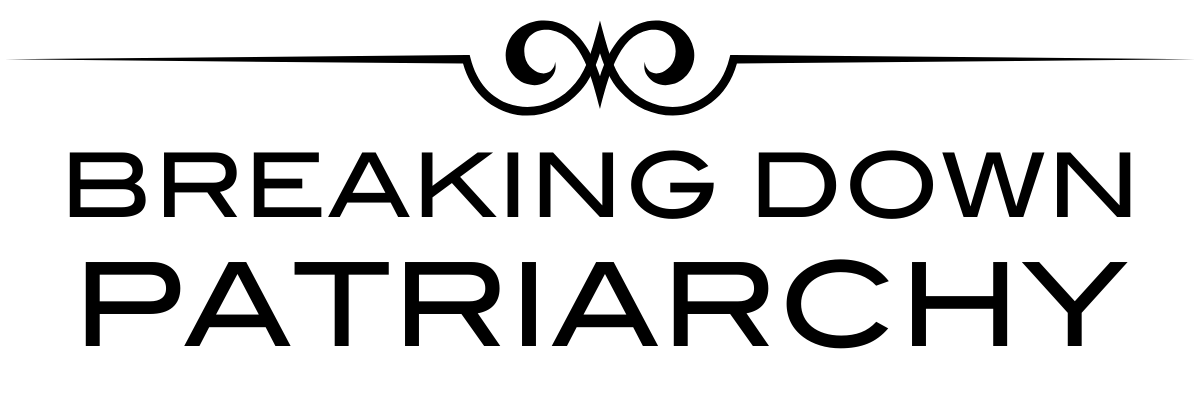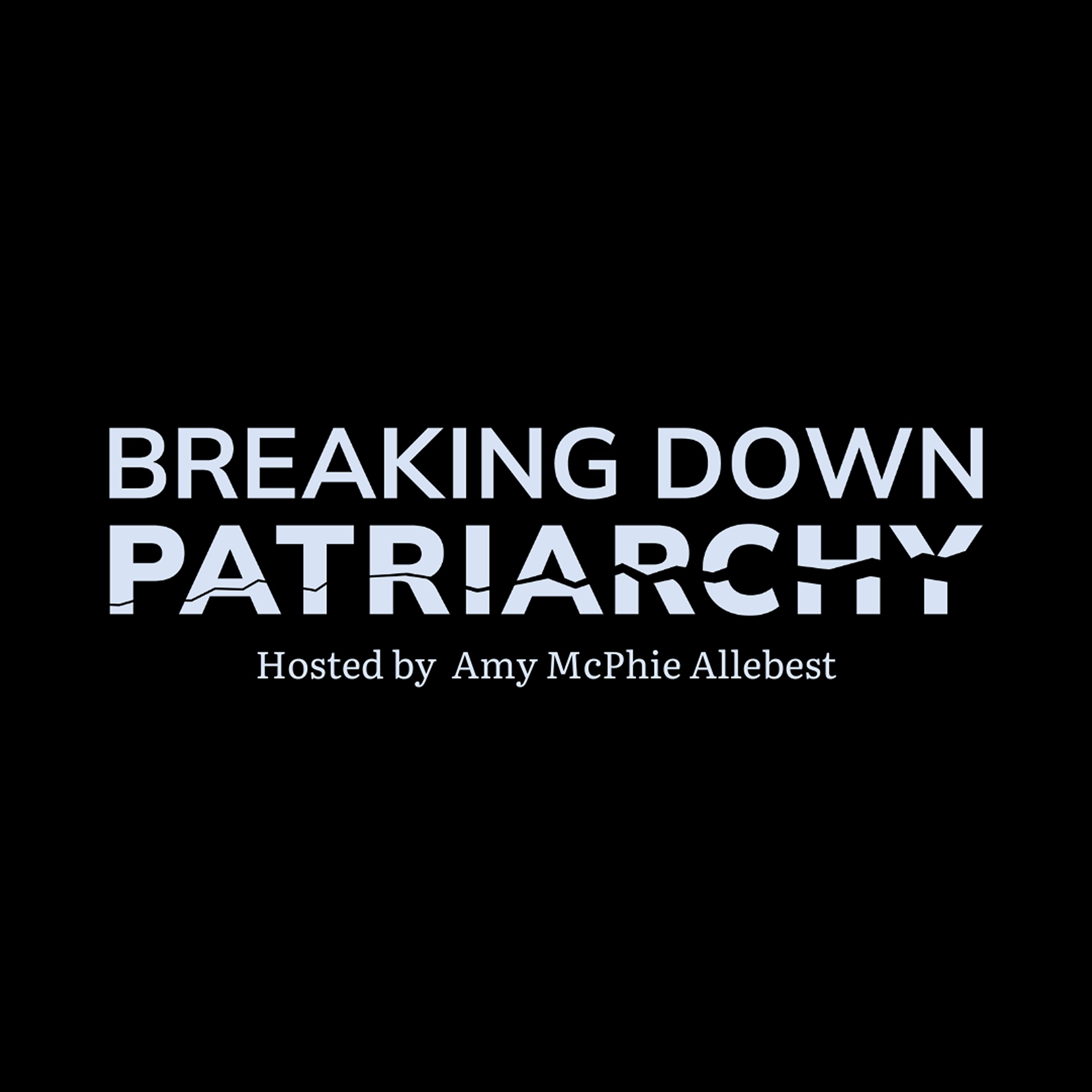Episode 43
ain't i a woman, by bell hooks
Amy is joined by guests Manuela Zoninsein & Ashley Jackson to discuss ain’t i a woman by bell hooks. Topics include sexual repression, the reclamation of Black beauty standards, having difficult conversations, and the importance of making our feminism intersectional.
Manuela Zoninsein is a Brazilian-American passionate about accelerating the transition to a sustainable and circular economy as an entrepreneur, investor, and educator. She believes that solving for the climate crisis means identifying root causes, not just reducing emissions. Existing oppressive structures, beginning with colonialism, must be deconstructed to ensure a world where all can prosper and lead healthy, fulfilling lives. Currently, Manuela is the CEO and Founder of Kadeya, a closed-loop water vending service (think Citi Bike, for water bottles). As an angel investor, Manuela has invested in over 30 women-led companies focused on sustainability. Her interests span materials science, circularity, hardware, software, energy, and consumer.
Ashley Jackson is a neurobiologist currently residing in New York City. She is also a wife, a mom, expert foodie, and Star Trek enthusiast. Ashley hails from Baton Rouge, Louisiana.


